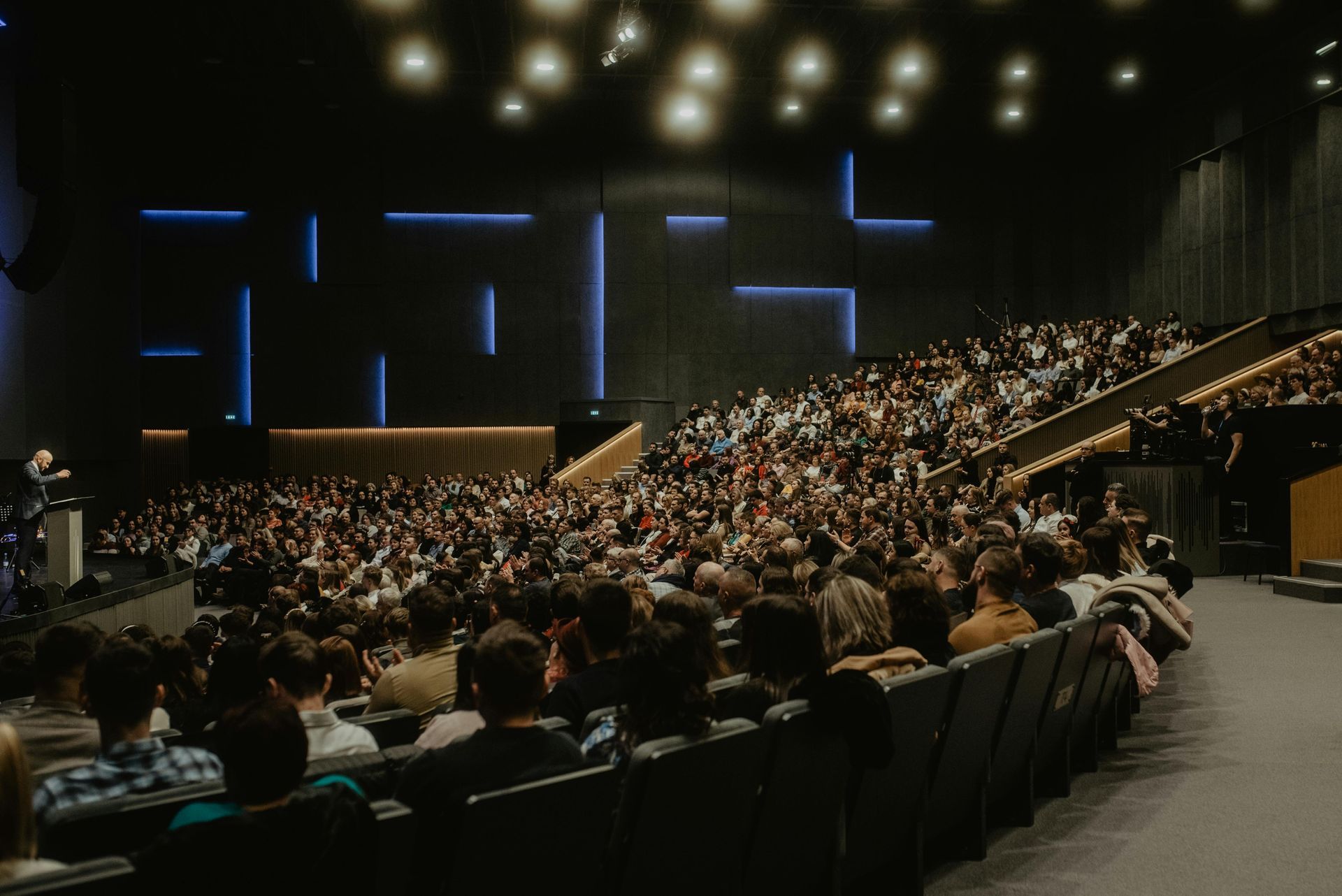Book review: New Business Models for the Knowledge Economy, by Wendy Jansen, Wilchard Steenbakkers and Hans Jagers
A business model describes in detail how your business makes money: what are people buying from you? How? In what shape or form? In what quantity? How often? Through what channels? How do you market your product?
Your business model is a programme, a blueprint for your business. A business model is absolutely essential for the longevity of any business at all .
The catch is that, in the Internet era, some business models do much better than others . Which ones? They are described in the book I review this month, New Business Models for the Knowledge Economy.
Find it on Amazon.
Watch the book review below.
Book Review: "New Business Models for the Knowledge Economy" by Wendy Jansen, Wilchard Steenbakkers and Hans Jagers
Posted by Susan Hayes "The Positive Economist" on Sunday, June 17, 2018
New Business Models for the Knowledge Economy , by Wendy Jansen, Wilchard Steenbakkers and Hans Jagers, Gower, 2007.
Greetings from Hong Kong, where I recorded this book review. It was a very apt location, as New Business Models for the Knowledge Economy talks about concepts that happen to be cornerstones of doing business in Asia. How so? Watch the video to learn more!
A business model is an essential part of your strategy. In fact, business models are a better predictor of financial performance than industry classifications – some business models do indeed perform better than others.
This is even truer in the knowledge economy.
The knowledge economy is dematerialised – no goods are “made”, put together or exchange hands. In this new economy, old business models are not necessarily the best. Companies need to adapt.
When we enter a transaction in the new knowledge economy, since everything is dematerialised and often happens remotely, intangibles like trust and authenticity matter all the more. That’s what the authors of the book are very good at interpreting: these intangibles are an integral part of the value that is provided by a company . Companies that overlook these intangibles will find it very difficult to thrive.
One such intangible is reciprocal value . In the new economy, it’s important to consider that your customers don’t just give you money in exchange for your product. If you simply optimised each transaction for money, you would be missing out on crucial information that would help your business.
Customers take our product, but they also give us a lot of insights into why they buy from us, why now, why in this specific way – this information is extremely precious for companies. It doesn’t immediately appear on a balance sheet, but it can be very directly translated into a big difference in your company’s bottom line : customers will provide market research, will recommend your brand, will tell you what is on their mind. They provide this value above and beyond the money they hand over for your product.
In the video you will hear me mention guanxi , “relationships”, which is a vital part of doing business in China. Establishing trust is essential, and the book does a great job of breaking down the components of trust (I list those components in the video).
Establishing trust and tapping reciprocal value is very much about knowing your customers better. You might have heard about demographics (sorting customers into age and gender categories), psychographics (their personal and social profile – a college-educated young mother for example). The book explores another dimension: customers’ values. This gave me a lot of food for thought: when you start to unpack these values, it will spark so many ideas to implement in your business. This is something that I have been incorporating into my business strategy for our latest venture.
Interested in productivity, business growth, innovation? Watch more book reviews here.
Positive Economist







